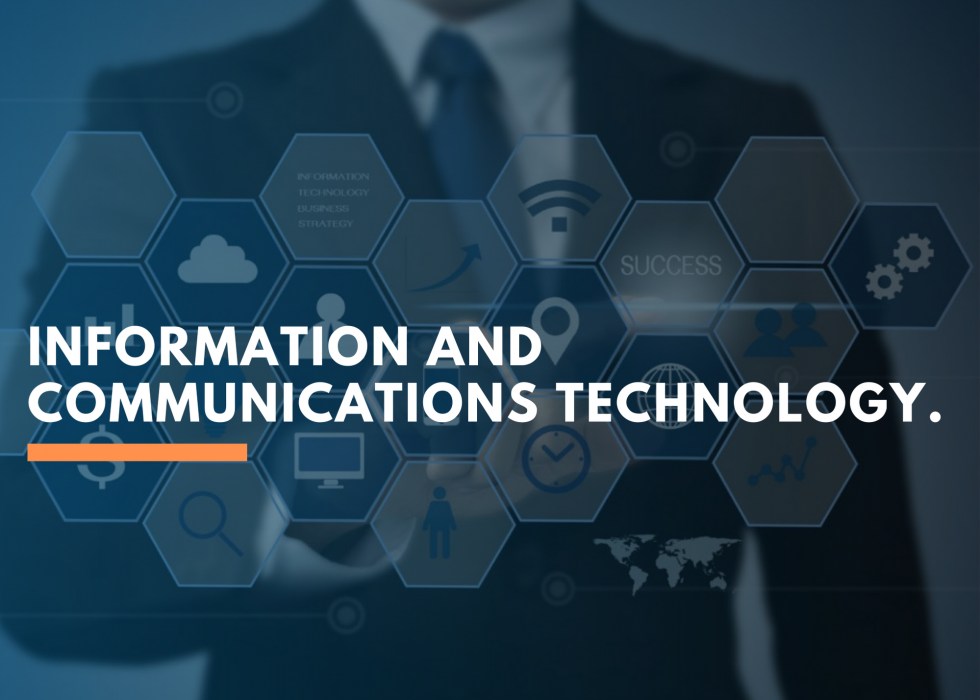The Information and Communication Technologies (ICT) put Informatics and Telecommunications in interaction, in order to improve the processing, storage and transmission of information.
In this way improving the level of our communications. Creating new forms of communication with more speed and higher quality. Improvements that reduce costs and time, applicable to both the business world and life itself. Providing us with greater comfort and improving our quality of life.
Terminals, networks and services can be classified according to whether or not they make use of these elements. In relation to devices, much has been achieved. The computer has evolved since its appearance and continues to do so at a dizzying pace. Like the peripheral devices that complement it, offering other possibilities.
Technology has not stagnated in computers. We are surprised by introducing new types of terminals in our lives or improving each of its characteristics.
ICTs have done a lot of hard work in the field of networking. Improving fixed telephony, mobile telephony, the internet going from the telephone connection to broadband, then to fiber optics and bringing the connection to mobiles. Thus allowing us to be informed and connected to the moment.
The other element that make up information and communication technologies are services. The range of services offered to us is increasing: email, information search, online banking, e-commerce, e-administration, private services, leisure services, among many others.
What key elements of ICTs influence E-Commerce?
Security of the information
In 30 years we went from the free exchange of information to the implementation of Systems
of Security that protect the data of the users, not only personal information
like names, addresses and phone numbers, also financial data like
bank accounts and credit cards.
Big data
The Big Data concept also encompasses the infrastructures, technologies and services that have been created to manage this large amount of information.
The amount of data stored in the world is doubling every two years. The data explosion that we are witnessing is a consequence of the digital revolution and the great adoption by citizens and companies of tools and technologies such as social networks, mobile devices, geolocation, and objects and sensors connected to the network.
Movement to the cloud
Today it is one of the most used services by companies seeking to operate their
online transactions without the risk of saturation. The cloud allows to increase the
Ability to store data and carry out operations without crashing the system.



